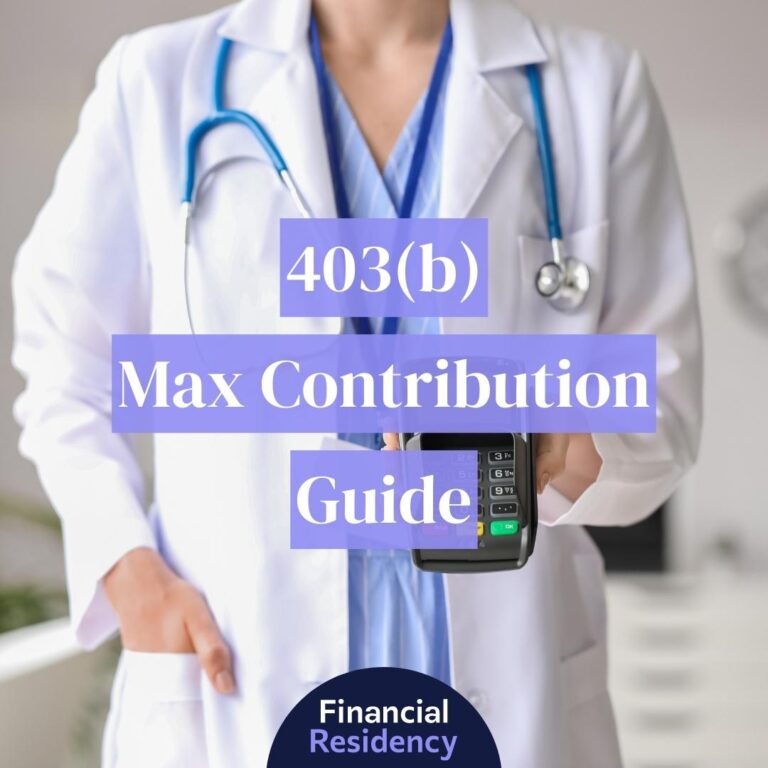You earn a high salary and want to invest, but anything beyond stocks and bonds requires you to be an accredited investor. How does it happen, and do you qualify?
Here’s everything you must know about becoming an accredited investor.
What Is an Accredited Investor?
An accredited investor is a high-net-worth individual or company that can invest in investments not registered by the SEC.
Who Can Be an Accredited Investor?
To be considered an accredited investor, you must:
- Have an income of $200,000 or more for the last two years or $300,000 together with a spouse
- Have a net worth of $1 million or more, not including your primary home’s value
- Possess financial sophistication and knowledge, holding a Series 7, 65, or 82 financial security license
What Can You Do as an Accredited Investor?
You can invest in securities not registered by the SEC. Here is a sampling of what they can invest in:
- Venture capital
- Angel investments
- Hedge funds
- Private equity investments
- Real estate investment funds
Purpose of Becoming an Accredited Investor
Becoming an accredited investor opens more investment opportunities. Since you already have a high net worth, you can access more investments to grow your wealth further, allowing you to diversify your portfolio further than non-accredited investors.
Accredited Investor vs. Qualified Purchaser
Like accredited investors, qualified purchasers can purchase investments not registered by the SEC.
However, unlike accredited investors, qualified purchasers qualify based on their investment value, not their net worth.
To be a qualified purchaser, you must have a portfolio worth at least $5 million. However, qualified purchasers can invest in 3(c)(7) funds, whereas accredited investors can only invest in 3(c)(1) funds.
How to Become an Accredited Investor
It’s easy for doctors to become accredited investors because of their higher income, but here are other factors to consider.
1. Understand the Accredited Investor Criteria
You can only become an accredited investor after two consecutive years of earning $200,000 or more. You’ll need to prove your income, so you must wait until you have adequate proof of acceptable income to qualify.
2. Consult With Financial Professionals
It’s typically the job of the fund to determine if you are an accredited investor, but working with financial professionals can help you understand the risks and ramifications of becoming an accredited investor.
3. Assess Your Financial Qualifications
In addition to earning adequate income, you must prove you have a net worth of at least $1 million. This can include other investments, including real estate, except for your primary residence.
4. Gather Necessary Documentation
Most firms will determine if you qualify as an accredited investor by requesting specific documentation, including:
- W-2s
- Bank and investment statements
- Credit reports
- Tax returns
- Proof of any financial licenses
5. Verify Your Accredited Investor Status
Each fund you choose must approve your status as an accredited investor. Some allow self-verification, and others require verification from an independent third party, such as your CPA.
6. Exceptions
As with any financial rules, there are a few exceptions to note, thanks to the Dodd-Frank Act of 2010 and more recent SEC regulations:
- Investors may qualify with a spouse’s income if the combined income between partners is $300,000
- Primary residences are not a part of the net worth calculation
- Financial experience and sophistication may allow an investor to become accredited
Maintaining Accredited Investor Status
Each fund is responsible for determining an investor’s status. You must provide your income and asset documentation, and the fund must do its due diligence to ensure you are accredited.
Funds must provide investors with a questionnaire that requires proof of documentation to allow the investment.
SEC Amendments to the Accredited Investor Label
As of 2020, the SEC broadened the horizons of the accredited investor label to not only verify status based on income and assets. Previously, this ignored any level of financial sophistication investors may possess, which would make them even better candidates for accredited investor opportunities.
The amendments opened up possibilities to:
- Investors with professional certifications issued by an accredited educational institution, including the Series 7, Series 65, and Series 82 licenses
- Employees knowledgeable of the fund
- LLCs with $5 million in assets
- Family offices with at least $5 million in assets
Example of an Accredited Investor
Qualifying as an accredited investor requires proof of assets and income. This can be done with proof of documentation like W-2s, tax returns, and a personal balance sheet to determine if you qualify.
You can determine if you qualify by assessing your assets and liabilities.
For example, you would qualify as an accredited investor if you have the following:
- $600,000 bank account
- $400,000 retirement account
- $25,000 car
- $200,000 other investments
- $150,000 total liabilities
Your net worth would be $1,075,000, qualifying you as an accredited investor.
However, if you had a home equity line of credit on your primary residence, it would count as another liability (a primary mortgage doesn’t).
If it is over $75,000, your net worth would be less than $1 million, disqualifying you as an accredited investor.
Pros and Cons of Becoming an Accredited Investor
Like any investment opportunity, there are pros and cons of being an accredited investor, including the following.
Pros
- Higher returns: Higher-risk investments often have higher returns, giving you a greater chance at growing your net worth. Hedge funds, alternative investments, and private equity funds commonly have greater returns than stock and bond investments
- More diversification: Having access to more investments makes diversifying a portfolio easier. The more you can spread out your funds, the easier it is to see a return on your investment
- Fund small businesses: Accredited investors have access to private investment capital, helping small businesses before they become public. This allows for ample growth as the company grows, and you can get in during the early stages
Cons
- More risk: Greater returns mean more risk. While the opportunities for returns are higher, the risk of loss is just as high, and there’s never a guarantee of a profit
- Complex investments: Most investments open to accredited investors are much more complicated than stocks and bonds. It could be difficult to understand without extensive knowledge of the financial markets
Frequently Asked Questions
Becoming an accredited investor opens up more possibilities for investments. Here are more questions about becoming accredited.
How Long Does It Take To Become an Accredited Investor?
You can become an accredited investor after proving you have an annual income of at least $200,000 and a $1 million net worth. You must also have your license from FINRA to prove you have the knowledge to invest in riskier investments.
How Do Firms Determine if You’re an Accredited Investor?
Each firm has its own method of determining if you’re an accredited investor. Still, most require official income and asset documentation to prove you have the income and net worth to be accredited.
What Types of Investments Typically Require Investors To Be Accredited?
Many investments outside of stocks and bonds require accredited investors, including hedge funds, real estate crowdfunding, alternative investments, and private equity investments.
Which Platforms Require You To Be an Accredited Investor?
Yieldstreet and Equity Multiple are two platforms that require investors to be accredited, but many others exist. However, many platforms, like Yieldstreet, also have opportunities for non-accredited investors.
Why Do You Need To Be Accredited To Invest in Complex Financial Products?
The accredited investor rule protects everyday investors from getting in over their heads. Investing in an asset you don’t understand can put your financial well-being at risk. However, having an accredited investor status ensures you have the knowledge necessary to take the risk.
What Is the Easiest Test To Become an Accredited Investor?
Many accredited investors take the Series 65 FINRA exam, which allows those who pass to operate as investment advisors. This is usually the easiest test to become an accredited investor.
What Is the Easiest Way To Become an Accredited Investor?
Accredited investors must have a net worth of at least $1 million. You also need an income of at least $200,000 for the last two years.
When you cross that threshold, you are on your way to becoming an accredited investor, as long as you pass one of the FINRA exams and get your financial license.
How Do Firms Determine if You Are an Accredited Investor?
Most firms request proof of your income, assets, and licensing to prove you are an accredited investor. Some firms also have specific questionnaires you must complete.
Do You Have To Prove You Are an Accredited Investor?
Most firms require you to prove you are an accredited investor because they are on the hook if you lie or don’t provide adequate proof of being accredited.
What Happens if You Lie About Being an Accredited Investor?
Most firms are responsible for who they allow to invest in their assets only for accredited investors; however, there can be legal consequences if you lie on financial statements or provide false documentation.
How Much Can an Accredited Investor Invest?
There are no limits regarding the amounts accredited investors can invest.
Should You Become an Accredited Investor?
All funds must do their due diligence to prove an investor’s eligibility as an accredited investor.
The SEC doesn’t allow funds to take an investor’s word for it. Instead, they must complete a questionnaire and provide ample evidence.
Becoming an accredited investor has pros and cons, but if you’re willing to take the risk, the rewards can be greater than other investments.




